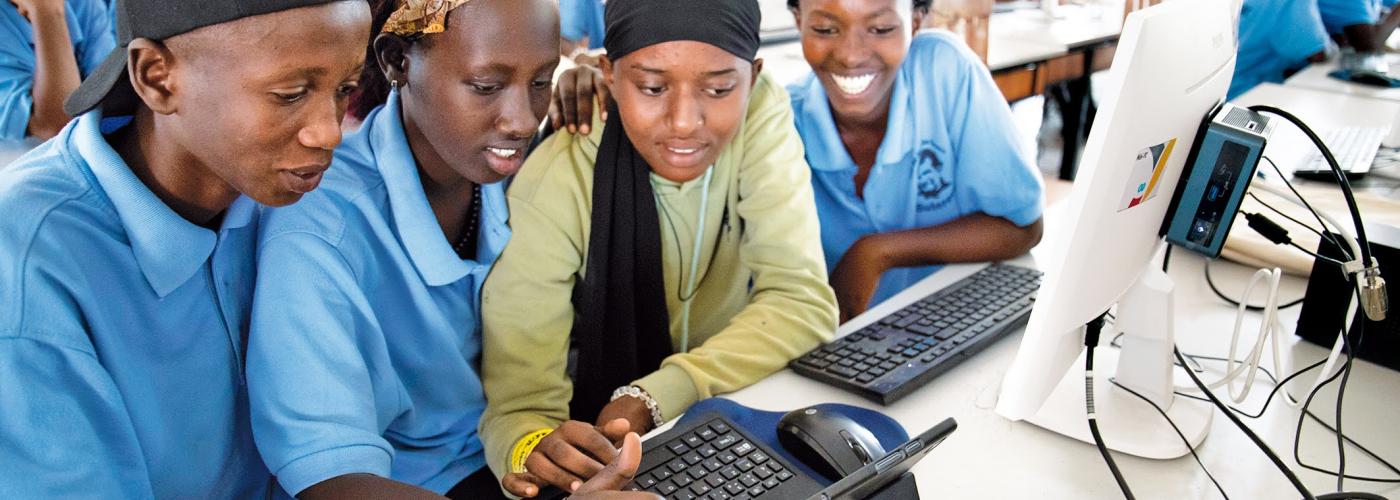In total, Belgium contributed 2.5 billion euros in Official Development Assistance (ODA) in 2022, equivalent to 0.45% of Belgian GNI. The Federal Public Service (FPS) Foreign Affairs, particularly the Directorate-General for Development Cooperation and Humanitarian Aid (DGD), managed approximately 1.291 billion euros. Details of how this funding was further allocated and executed by various partners and in which countries can be found on pp. 34-35 of the report.
The annual report for 2022 provides a detailed overview of both the results and policy coherence within development cooperation. This article primarily focuses on the results, with increasing attention given to how they can be measured and evaluated. Specific questions about financial reporting and activity reporting remain relevant, but the main question remains: "What have we achieved with this?"
1: Geographical, Governmental, and Non-Governmental Cooperation
This first chapter highlights both non-governmental and governmental partnerships through a case study on cooperation with Burundi. Thanks to a complementary approach involving various partnerships, Belgium achieved a wide range of results. For instance, in the health sector, Belgian development efforts contributed to improved access to essential medical care for vulnerable communities. Additionally, support in governance and rule of law has strengthened institutional capacity sustainably.
2: Thematic and Multilateral Cooperation
The second chapter delves into the different themes of Belgian Development Cooperation, including health, sexual and reproductive health and rights (SRHR), education, climate change, and transitional development. Concerning climate change, for example, Belgium actively engaged in addressing climate challenges through sustainable investments, technical support, and capacity building. Significant results were achieved in climate mitigation and adaptation through partnerships with local communities and stakeholders.
3: Humanitarian Aid
The third chapter on humanitarian aid illustrates how Belgium responded quickly and effectively to emergencies worldwide. Through emergency assistance, food security, healthcare, and protection, Belgian organizations and partners endeavored to promptly and decisively assist people in need. It is evident that Belgian Development Cooperation reached and positively influenced many people.


